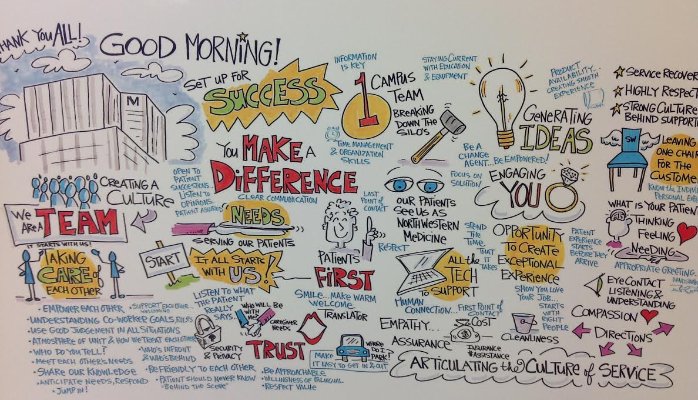In this weeks New Yorker, Atul Gawande once again shines a very human light on shortcomings of American medicine. In this case, a system far too concerned with doing too much than too little (www.newyorker.com/magazine/2015/05/11/overkill-atul-gawande). The costs to patients and families in unnecessary treatment, over diagnosois and financial hardship are depicted in Atul's own review of case analysis of his patients.
As we pivot to a new era of precision medicine, ie., matching diagnosis and treatments to individual needs, a core element must include new restraints on providing only the care that is necessary. And, engaging patients and families in the evidence basis for the treatment so that decision-making and risks are shared and acknowledged.
There is reason to be optimistic for our path forward to precision medicine as evidenced by innovations in information technology, genomics, pharmaceuticals and biologics and a growing culture of patient engagement. Atul gives us a sense of urgency to bring this new era to reality. In this case, we need more to do less.
https://www.linkedin.com/pulse/gawandes-overkill-tim-zoph
As we pivot to a new era of precision medicine, ie., matching diagnosis and treatments to individual needs, a core element must include new restraints on providing only the care that is necessary. And, engaging patients and families in the evidence basis for the treatment so that decision-making and risks are shared and acknowledged.
There is reason to be optimistic for our path forward to precision medicine as evidenced by innovations in information technology, genomics, pharmaceuticals and biologics and a growing culture of patient engagement. Atul gives us a sense of urgency to bring this new era to reality. In this case, we need more to do less.
https://www.linkedin.com/pulse/gawandes-overkill-tim-zoph


 RSS Feed
RSS Feed